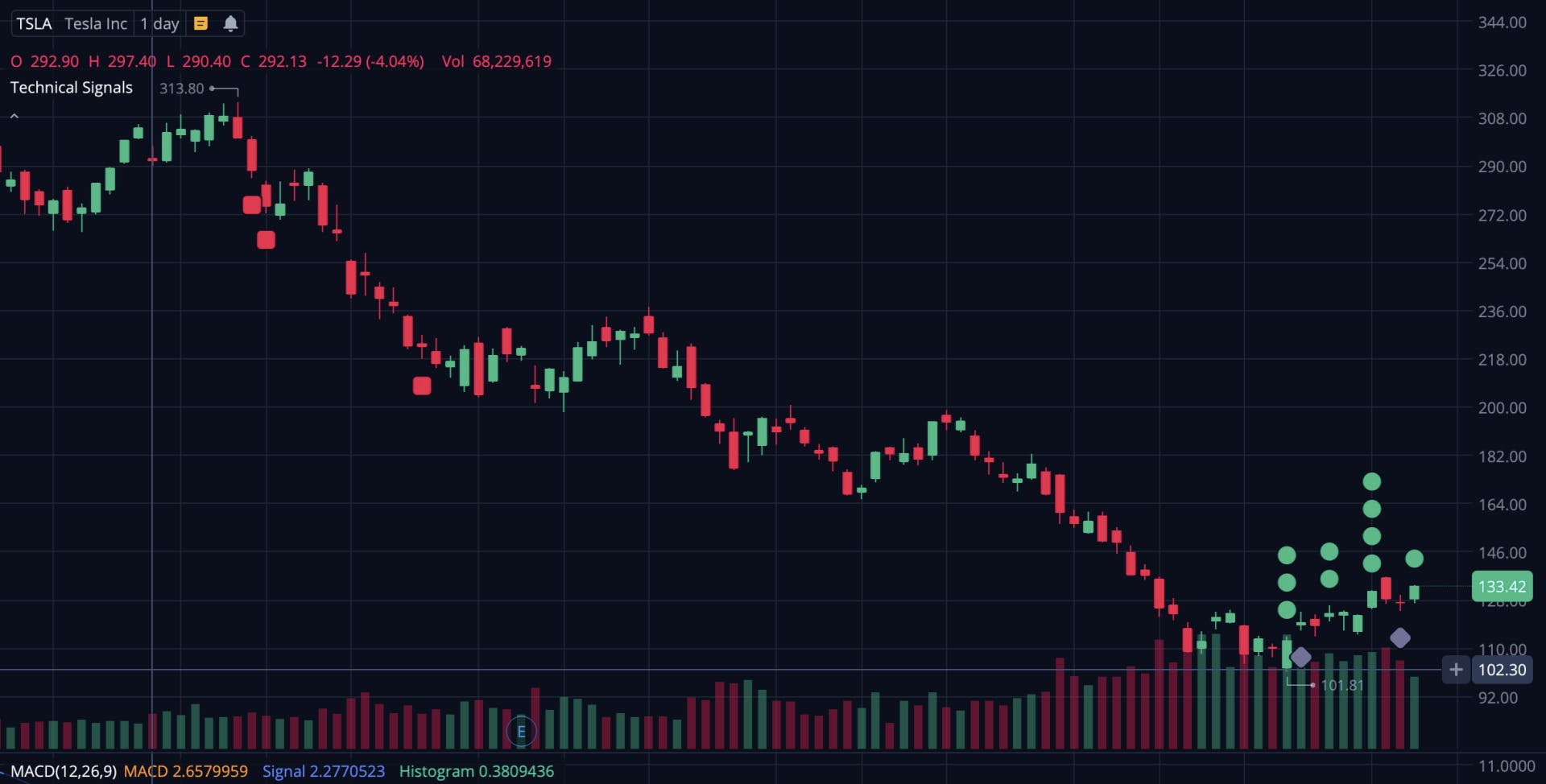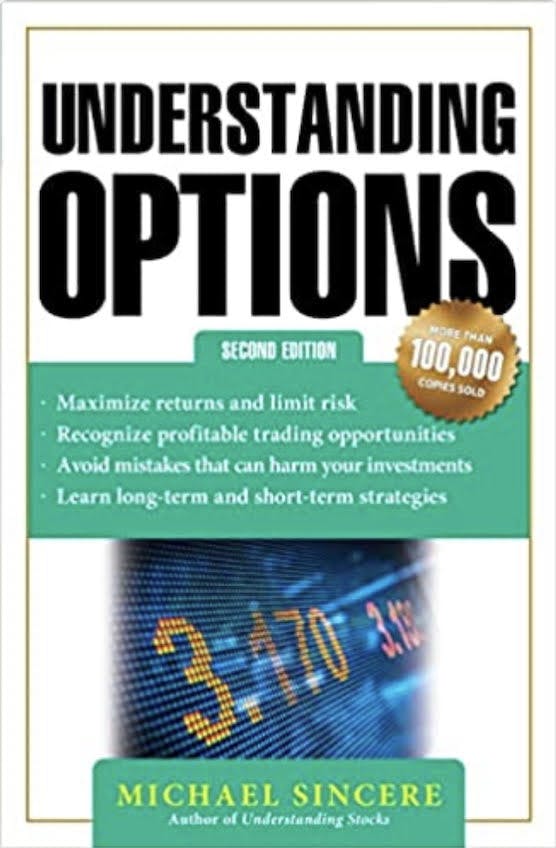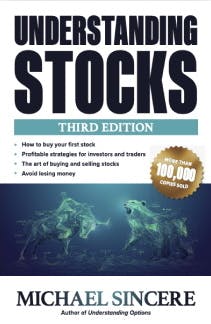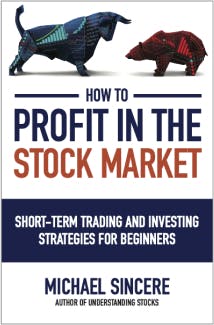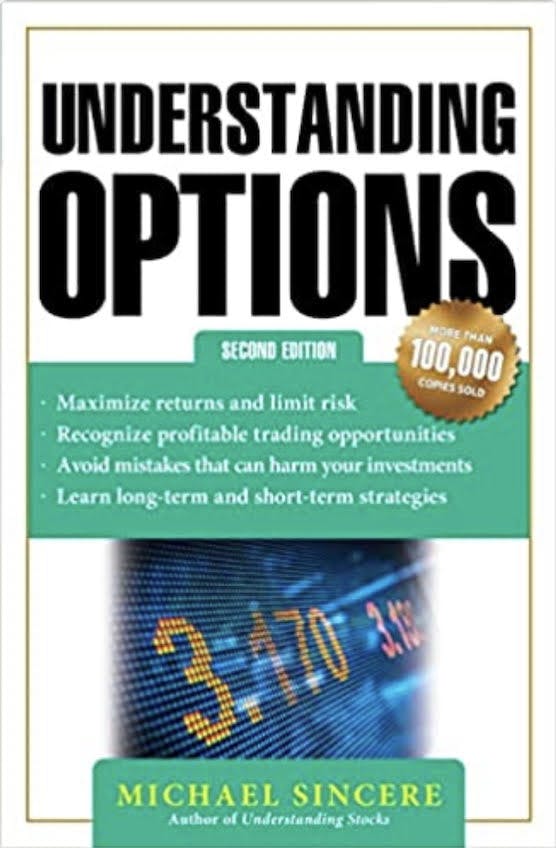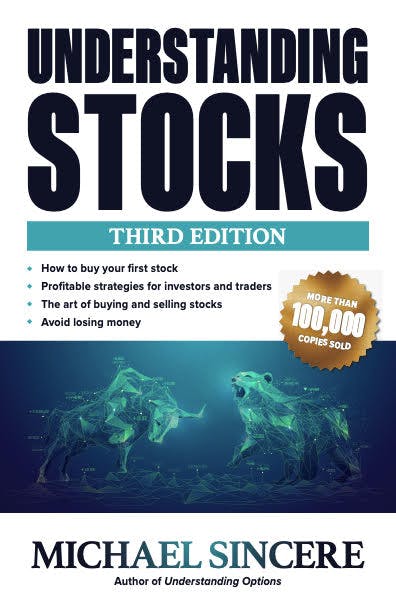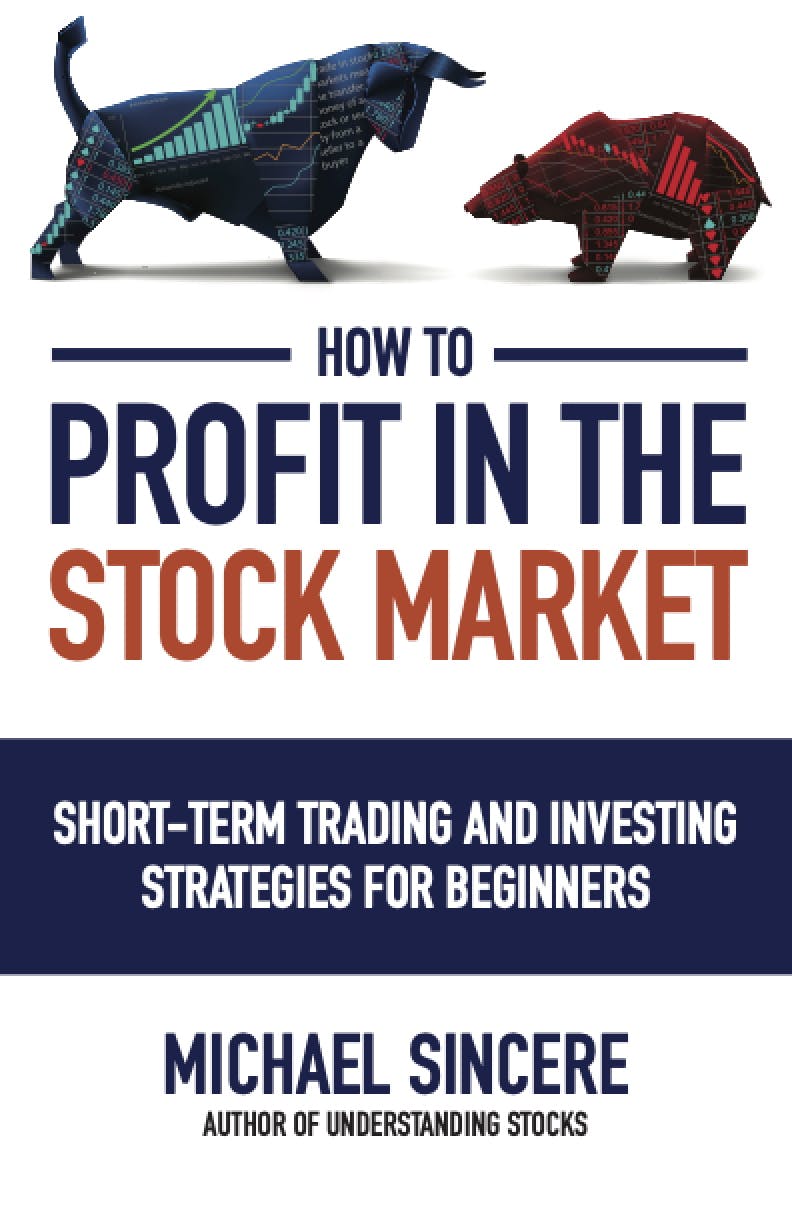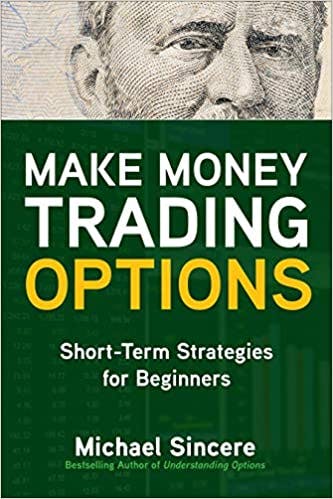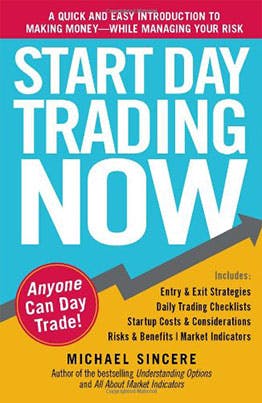Proxy advisory firms: Do they really have shareholders’ best interests at heart?
Proxy advisory firms: Do they really have shareholders’ best interests at heart?
BY MICHAEL SINCEREJUNE 26, 2024•5 MIN READ
A few weeks ago, many people learned that Tesla shareholders approved a $46 billion pay package (this is not a typo) for CEO Elon Musk, the largest compensation package ever given to a U.S. corporate executive. At the Tesla TSLA - $196.37 0.43 (0.219%)
shareholder meeting in Austin, Texas, several audience members stood up and cheered the results.
“Hot damn, I love you guys!” Musk said after the votes were tallied.
However, some critics strongly opposed the pay package. One of the most outspoken critics was leading proxy advisor Institutional Shareholder Services (ISS), who recommended that Tesla shareholders vote against Musk’s original $56 billion pay package. They called the package “excessive.”
In response, Musk had a few choice words for the proxy firm, making a crude joke about ISS’ initials.
Another top proxy advisory firm, Glass Lewis, also recommended that Tesla shareholders vote against the original $56 billion pay package.
While the headlines all rightly focused on Musk’s big win, the underlying story is the role of proxy advisory firms and how they influence shareholders when it’s time to cast votes at annual elections.
How proxy advisory firms influence shareholders and boards
Proxy advisory firms act as independent research firms, offering institutional investors research and data, as well as recommending managers and/or proxy proposals that are voted on at a company’s annual meeting.
The proxy firm’s goal is to help shareholders make educated voting decisions. Typically, institutional investors (i.e., pension funds, hedge funds, and mutual funds) hire proxy firms to make sure their interests are considered by the board.
Independent trader and investor Howard Kornstein explained the process: “Proxy firms are hired to collect more proxy votes in order to help the board with executive compensation, and determine who will be elected to the board. Proxy voting is a form of power of attorney, authorizing an agent to cast a vote or votes as they see fit. It is a one-time event. Once the vote has been cast, it is finished.”
For example, institutional investors concerned about sustainability issues or company leadership might hire a proxy advisory firm to make sure these issues are represented at the annual board meeting. Proxy firms look at large amounts of research and data to help board members and shareholders gain insights into complex issues to make sure the company and its board make informed decisions.
Proxy advisory firms advise against Toyota chairman Toyoda
In a news story that received far less attention, in mid-June, proxy advisers ISS and Glass Lewis also recommended that shareholders vote against re-electing Toyota Motor Chairman Akio Toyoda at the Japanese automaker’s June annual meeting.
Previously, on June 3, Toyota TM - $203.18 0.415 (0.204%)
admitted submitting false data for some safety tests, and as a result, stopped delivery of three models. Toyota officials have repeatedly apologized for falsifying vehicle testing results.
ISS wrote in a report that because of a series of certification test irregularities, “shareholders are advised to vote against Chairman Akio Toyoda.” ISS went on to write in their report: “Now is a good time for change in the face of incidents at its group companies.”
Proxy advisory Glass Lewis also voted against Toyoda, citing concerns about “its strategy shareholding and return on equity” as well as the faulty tests.
Similar to what happened with Elon Musk, on June 18, shareholders ignored the recommendations of the proxy advisory firms and reappointed Akio Toyoda as chairman of the board at its annual meeting.
It’s not surprising shareholders ignored the proxy adviser’s advice: A large number of Toyota shares are owned by companies and institutions friendly to Toyota.
Who pays proxy firms?
Typically, proxy advisory firms are paid for by institutional investors. In exchange for their help, proxy advisers charge fees back to the investors. Proxy firms might make voting recommendations, keep up with issues including government regulations, and help the board understand environmental or social issues. Just as they did with the Musk pay package, proxy firms also advise the board on executive compensation.
Most companies file their proxy statements with the SEC and hold their annual meetings from April to June. Many institutional investors rely heavily on the proxy firm’s recommendations before casting their ballots.
Complicated relationships and issues
At first glance, the proxy advisory process seems like a good deal for nearly everyone. Shareholders get independent recommendations, while boards get sound advice on complex governance issues. However, in recent years, a number of groups, including lawmakers, regulators, and corporations, have debated whether the proxy advisory firms have too much power and influence.
Here are what critics say about proxy firms:
Proxy firms are mostly unregulated with little oversight or regulation requirements.
Shareholders and nonclients are unable to learn how proxy firms are compensated, or how they decided on their recommendations (i.e., there is a lack of transparency).
There are no fiduciary rules that require proxy firms to act in the best interest of shareholders, even if there is a conflict of interest.
Proxy firms are here to stay
Even with these criticisms, proxy firms offer shareholders and boards a valuable service, and offer expert insights and useful advice to boards across the United States. As mentioned earlier, they help keep boards up-to-date on emerging environmental and social issues, and help to advise and guide boards regarding executive compensation packages.
They also help boards better understand complicated issues, and help them avoid surprises from activist shareholders.
It is not surprising that some executives, such as Elon Musk, are annoyed by the proxy firm’s recommendations, especially if it doesn’t align with the CEO’s goals. And yet, it is a mistake to completely ignore the proxy company’s recommendations.
Jim Woodrum, a clinical professor at the Northwestern Kellogg School of Management, says that proxy firms and corporations must learn to live with each other: “For years, corporate governance experts were in the habit of saying that the power of ISS and Glass Lewis might fade in the future. At this point, it is much more prudent to think they are here to stay — and it is time to figure out how to coexist.”
Only time will tell whether the huge $46 billion pay package that Musk received is a brilliant reward for a job well done, or a blaring red flag. Keep an eye on Tesla’s stock price (and Toyota’s) — it sometimes takes a while, but the stock market always has the final word.
